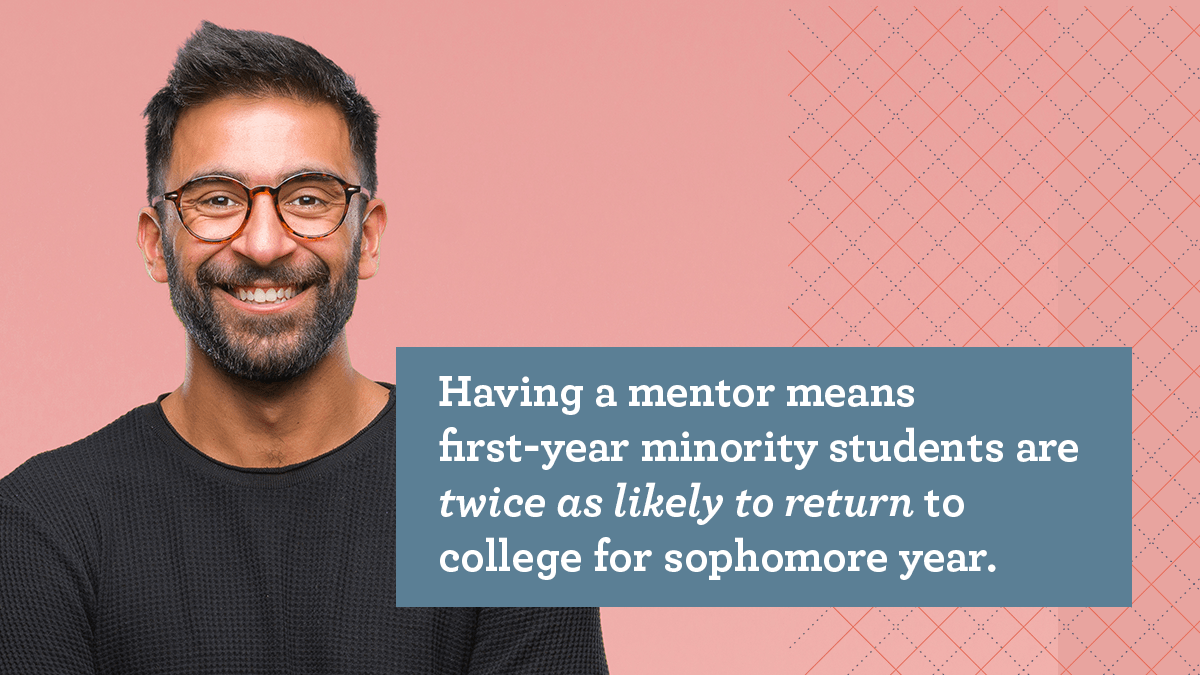
5 Tips for Picking a Major That Pays
Filed In
- Preparing for College
Topics
- Tips
It’s one of the most common questions college-bound students have: what major should I pick if I want a good job?
Well, as with most questions about college,
the answer is sometimes frustrating: it
depends. In this case, it depends on your areas of skill and interest; in
the type of college you want to attend; in the time and money you can devote to
classwork; and in a thousand other variables that can change at any time.
Fortunately, even though there’s no one solid
“correct” answer to the question, there are
ways you can narrow down the possibilities and find the right fit for you.
Here are our top five pieces of advice.
1. Look at the statistics, but don’t obsess over them.
There’s no shortage of research out there
purporting to tell you the five or 10 or 25 or 50 “highest-paying majors” you
can pursue, and it’s valuable to spend some time familiarizing yourself with
the data.
Unsurprisingly, the current most in-demand
jobs in the United States are in healthcare and technology fields. Engineering,
computer science, information systems and cybersecurity continue to experience
massive growth; so do medical fields ranging from home health service to
nursing to biochemistry and biomedical engineering.
These STEM-centric fields show no sign of
slowing down; 18 of the “25 Best Majors for a Lucrative Career” on this Kiplinger list, for example, are in
engineering or computer science. One of the non-computer fields, nursing, is
the second-most lucrative of all of them; other stalwarts are in finance and
business management.
Judging by the numbers, then, you’d be foolish to major in something other than STEM, medicine or business. But those stats don’t tell the whole story.
2. Picking a major isn’t just about the next four years.
In many cases, the lucrative health, STEM and
business fields that populate these kinds of lists don’t just require a
four-year degree. Take a look at this College Consensus roundup of the Top 10 Degrees in
Demand: six of the 10, including the top three, are at the master’s
degree level, which means at least an additional two years of college after
earning your bachelor’s degree.
It’s true that higher levels of education mean
potentially higher salaries and better opportunities, but rising college costs
also mean you could find yourself deep in debt by the time you complete your
course of study. (Or, worse, that you might have to drop out short of a
degree.)
If you’re concerned about affording college,
limit your initial searching for in-demand majors to those that pay off with a
bachelor’s degree — or consider a different route entirely.
3. Two-year degrees and certificates can pay off in a hurry.
The College
Consensus article includes only two bachelor’s degrees — and it also
includes two associate’s degrees in its roundup of majors that pay.
Occupational and physical therapy assistants typically need only a two-year
degree to become certified, and the country’s aging (and increasingly active) population
means you’ll be in demand the day you graduate.
Medical jobs aren’t the only ones where an
associate’s degree can mean job security right out of college. We’ve covered
the growth of these areas on our blog:
“As the skilled-service sector grows and the manufacturing sector
becomes more technology-driven, both are starting to require employees with
more formal training beyond high school. And that means a two-year degree is an
increasingly sound investment. According to the study, “Associate’s degree
holders have gained the most good jobs in both blue-collar and skilled-services
industries”—more than 3.2 million positions, representing an 83 percent
increase since 1991. With shares of good jobs for high school graduates and
college dropouts declining, associate’s degree holders are the fastest growing
segment of the workforce without a bachelor’s degree.
In addition to the growth of the skilled-service
and manufacturing job sectors, two-year colleges also provide schedule
flexibility and great value, getting students through to graduation with far
less debt than a four-year college might. Even future lawyers can gain valuable
credentials via the two-year route: an associate’s degree as a paralegal can
easily become a ticket to an entry-level legal job.
Finally, for the mechanically and
technologically inclined, an in-demand job might be even closer. Certificate
programs and software certifications can often be earned through intensive,
hands-on programs that take just weeks or months, and certified HVAC
technicians, auto mechanics and software developers are always in demand.
4. Make your passions and your skills work for you.
With the “in-demand major” lists being so
heavily populated by STEM, health, computer and business fields, it can be
discouraging if your strengths and interests don’t fall in those areas. But
don’t despair: every major is what you make
of it, and passion and skill are ultimately far more important than national
rankings.
Take Kiplinger’s “Worst College Majors” list, which is filled
with lots of students’ “dream majors:” theater, radio & TV, art, animal
science, athletic training and more. It’s true that these are popular fields,
and that the job markets for most of them are overpopulated. But there are still opportunities for the best and
brightest to shine — and there are also majors that incorporate these skill
sets in ways that the current working world values.
For instance, a passion for sports may help
inform a future career in physical therapy or orthopedics. A love of language
can turn into a degree in speech communications, public relations or even
politics. An eye for art can lead to a bachelor’s degree in information design,
user experience or app development.
And, in some other cases, a degree might not
be the right path to the career you want — but that’s not to say it’s not
valuable.
5. Learn for life, not just for a job.
There are plenty of careers where the most
valuable learning can’t be done in a classroom. From great chefs to
photographers to entrepreneurs, learning-by-doing is often the only way to
truly discover a career path.
In other cases, it’s the major that doesn’t
matter much. Especially in the current working world, lots of employers are
more concerned with your ability to think critically, overcome adversity and
solve problems creatively than they are with your exact field of study. You may
not become a nurse or a chemical engineer without very specific skills, but the persistence and determination
required to get a bachelor’s degree are the kinds of values all employers look
for.
In addition, a well-rounded degree in arts or sciences means you’ll be able to be flexible when it comes time to join the workforce. Even if your dream job isn’t out there the day you graduate, your college career will prepare you to excel in lots of fields — and the connections you make on campus may help you discover new passions you hadn’t thought about when you were a freshman. And, while picking a major is important, that’s how college can truly pay off.
 hbspt.cta.load(241375, 'f9f49695-bf73-4887-bd03-40855c71cdb4', {});
hbspt.cta.load(241375, 'f9f49695-bf73-4887-bd03-40855c71cdb4', {});
Related Articles
Browse All
Our team is here to help you achieve your goals and build your custom scholarship program.

